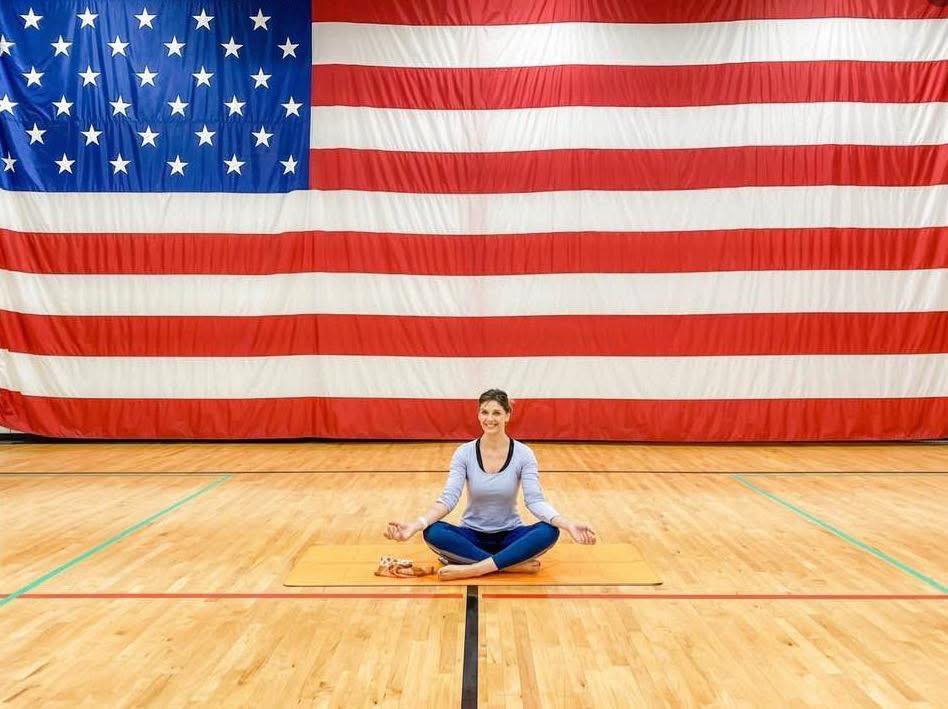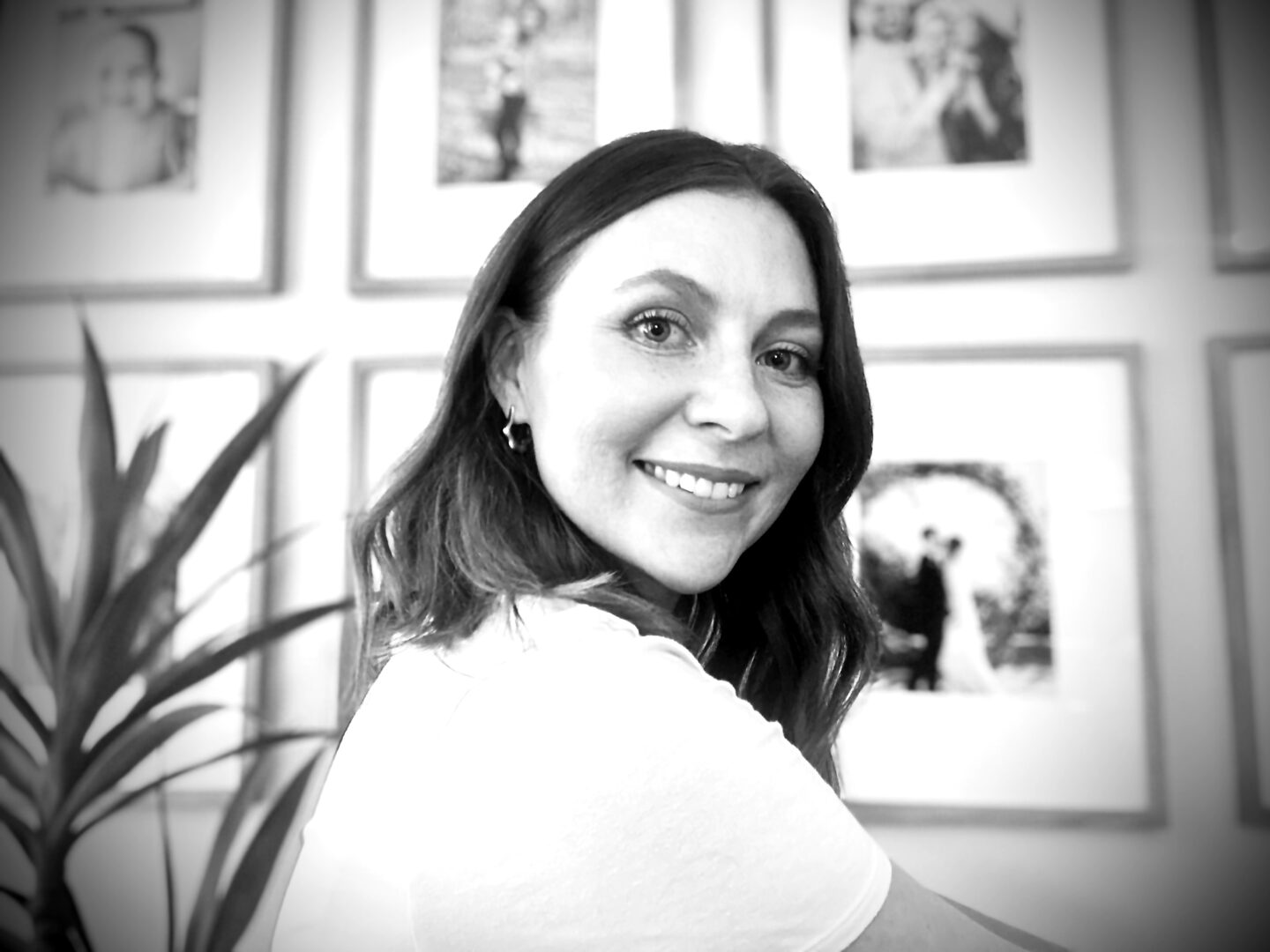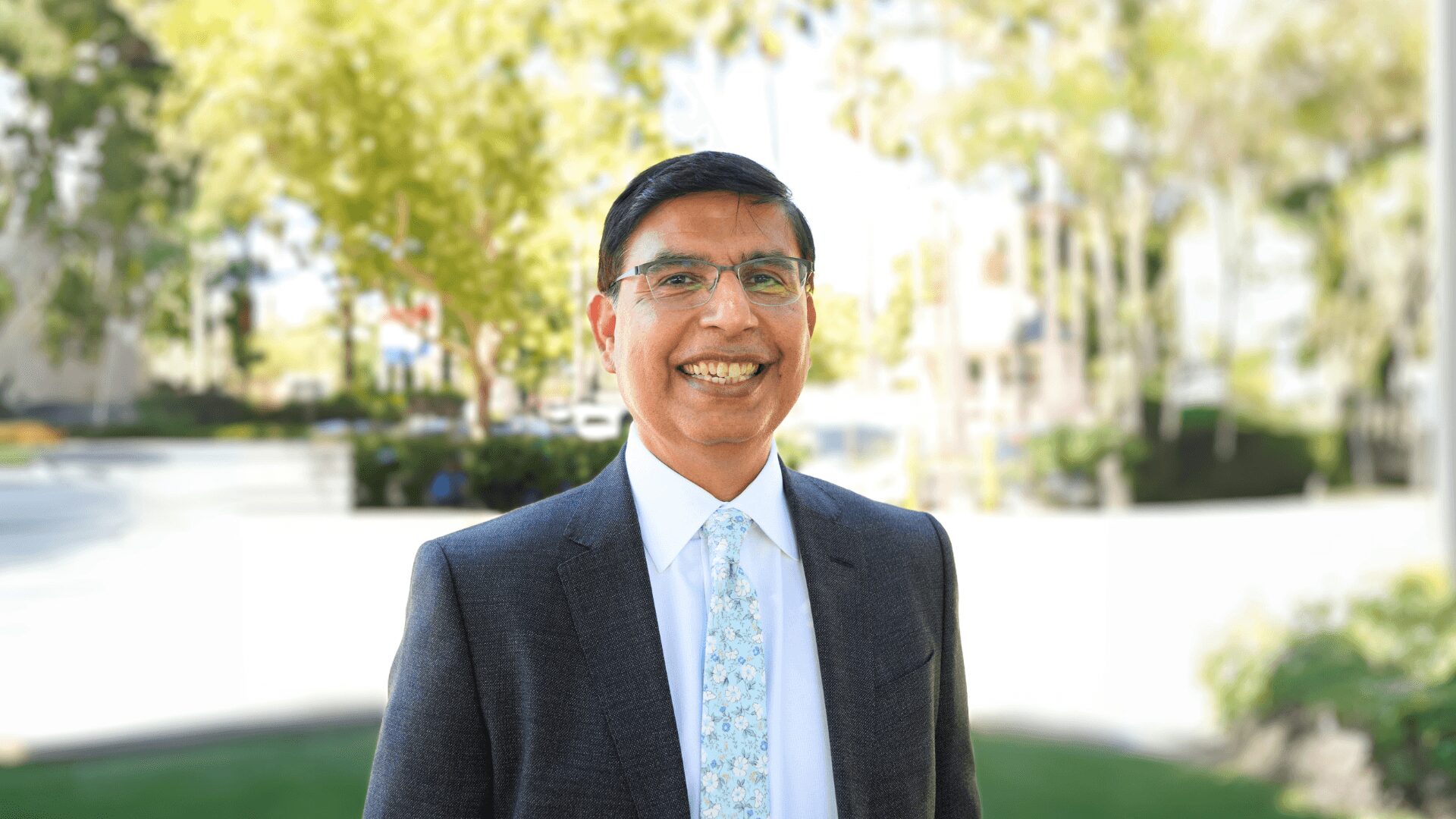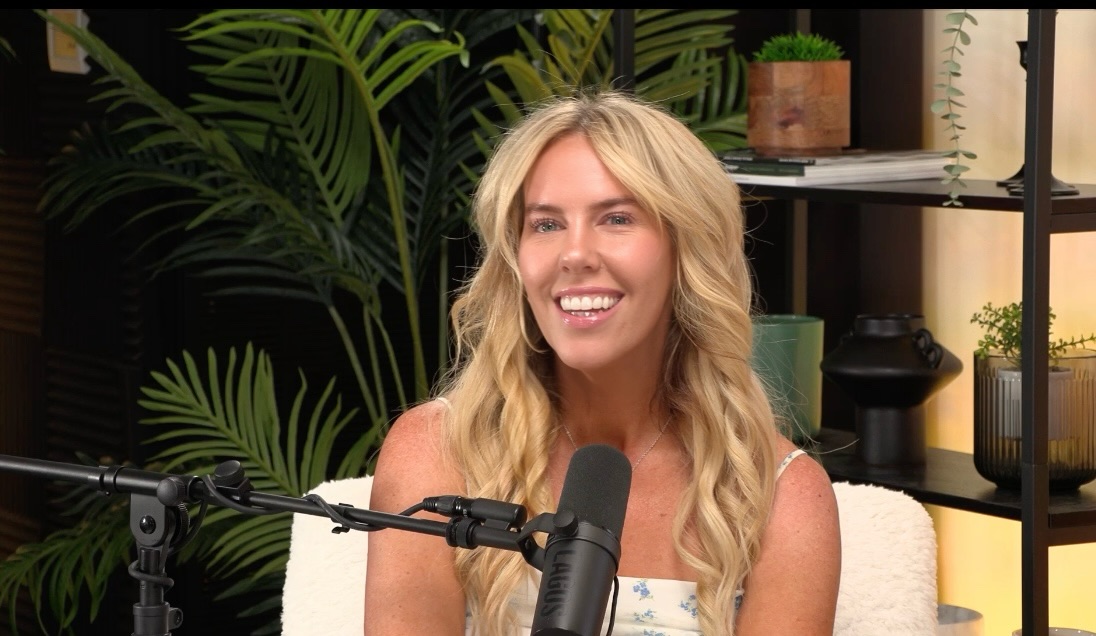We recently connected with Maria-Joelle Morris and have shared our conversation below.
Maria-Joelle , thanks so much for taking the time to share your insights and lessons with us today. We’re particularly interested in hearing about how you became such a resilient person. Where do you get your resilience from?
I feel like I have had a charmed life, however I’m no stranger to grief. I lost my beloved Father almost a decade ago, and we were extremely close. He was resilient, in general, as a person. He instilled in me a sense of strength and courage and that anything was possible. He had a great sense of humor and was deeply sensitive as a person. He could see the world in all it’s beauty and tragedy. He grew up quite poor and remembered having to wash dishes at the school to be allowed to attend, and walking to school in ‘clogs’. His success came from the joining the army, and he became an army officer in the Belgian army. He taught me many things, and I loved to listen to him. Often I find myself hearing his voice as I navigate through life, so in many ways he is always guiding me. My Dad (Jo), brother (Igor), nephew (Tim) and husband (James) are all military men.
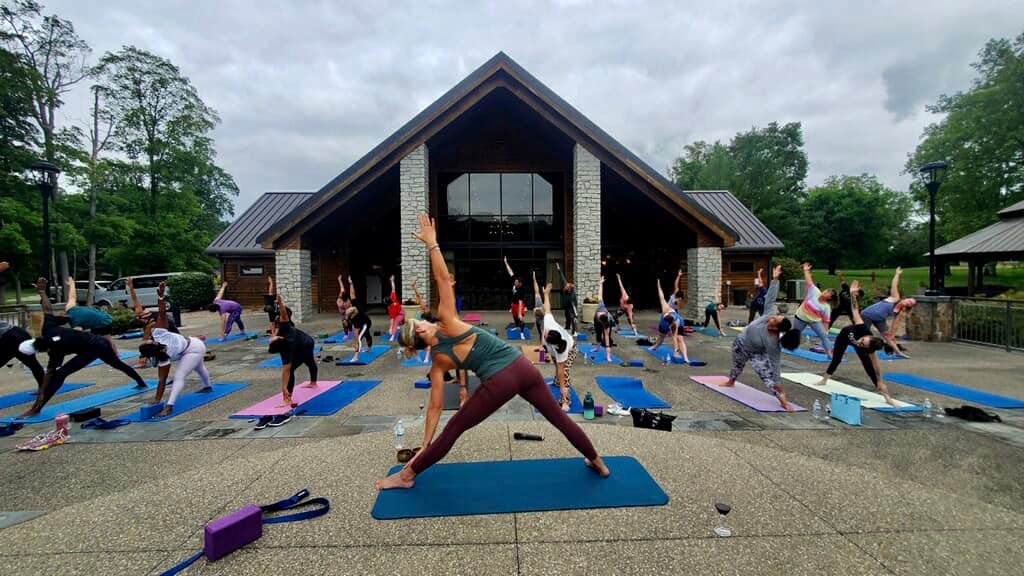
Thanks, so before we move on maybe you can share a bit more about yourself?
My heart is in service, wellness, and meaningful connection. I’m especially passionate about supporting veterans and military families. As the wife of a veteran, I’ve seen firsthand the strength, sacrifice, and unique challenges that come with service. That experience drives my commitment to helping veterans access community, healing, and tools for physical and emotional well-being.
I’m a mom of three beautiful children, a lifelong learner, and someone who believes deeply in community, resilience, and living with purpose. I grew up in Ireland, then life and my husband took me across the world — from Boston to California, to Spain, and now Kentucky — giving me a global outlook and a deep love for both adventure, travel, and small-town roots.
I am certified through the Yoga Alliance and is also a personal trainer with the National Academy of Sports Medicine. I teach yoga to soldiers, spouses and the Veteran community, through the Morale, Welfare and Recreation program on Fort Knox and via the Robley Rex VA Medical Center in Louisville.
My book, “At Ease” which will be coming out later in the next year, talks about anxiety-reduction techniques for warriors and worriers.
The Freedom Yoga Project is my offering to provide transformational classes to those who are warriors – A warrior is anyone carrying something heavy.
We carry heavy burdens that we often can’t put down or that cannot be seen. Sometimes that carrying comes in the form of a ruck or an order, a duty or a deployment. Sometimes a warrior is holding the family together in the aftermath of a diagnosis. A warrior needs to overcome, no matter the odds.
Yoga and mindful movement have been life-changing for me, and through how I teach yoga as well as The Freedom Yoga Project, I’m dedicated to sharing practices that foster grounding, strength, and calm — especially with those navigating transitions, trauma, or major life challenges.
I believe in honesty, humor, compassion, and showing up with an open heart. My life continues to be shaped by growth, faith in possibility, and the belief that even in uncertain seasons, there is beauty, connection, and purpose to be found.
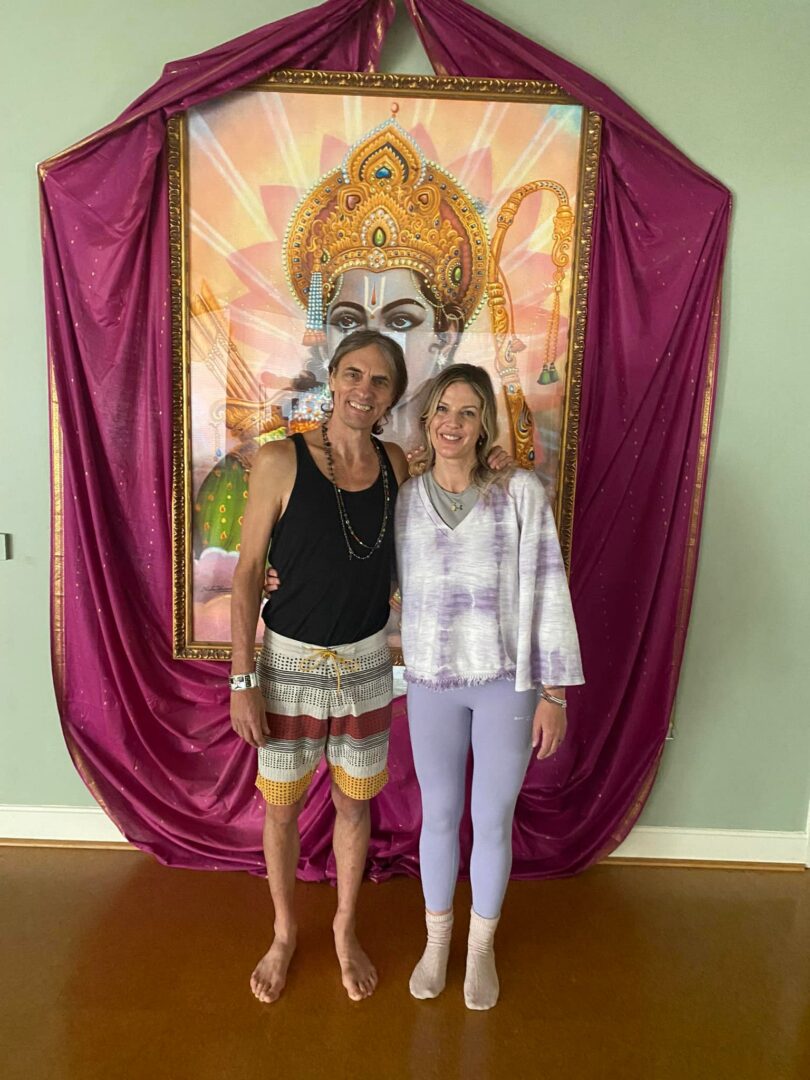
There is so much advice out there about all the different skills and qualities folks need to develop in order to succeed in today’s highly competitive environment and often it can feel overwhelming. So, if we had to break it down to just the three that matter most, which three skills or qualities would you focus on?
The best way to treat chronic diseases is to do your best to live a healthy lifestyle incorporating nutrition, sleep and exercise as medicine. Many illnesses begin with chronic stress. We are somatic beings: when the mind feels unsafe or overwhelmed, the body carries that burden through symptoms — tension, fatigue, high blood pressure, or illness — as a way of asking us to listen. Under chronic stress, the fight, flight or freeze system stays switched on. I think that’s pretty clear.
Cortisol and adrenaline keep blood vessels tight, heart rate high, and the liver making sugar we don’t need. Over time, this leads to hypertension, insulin resistance, low immunity, and inflammation. Chronic stress also affects our nutrition and sleep. Serotonin becomes depleted and this drives cravings for sugary or fatty foods that give short comfort but worsen imbalance — a biochemical, not just willpower, response. What many people don’t realize is that Serotonin is a direct precursor to Melatonin, so then we don’t sleep well. So in order to restore balance, we must care for the systems that replenish us – nutrition, sleep and movement.
Finally, practices such as forgiveness, mindfulness, and releasing past burdens calm the mind itself. When we take care of these things in a holistic way the body can finally exhale and begin to heal.
Veterans are statistically more likely to develop cancer than civilians, and the higher risk comes from a combination of environmental, occupational, and lifestyle exposures during military service. Military service is designed to create men and women who are tough and resilient, but this often comes at a personal cost.
Asking for help and support when needed, screening for changes in health (Post 09/11 veterans should consider asking for yearly screening), and putting self-care on the table as an option is key for this population, who are used to toughing it out.
The other aspect is mindset. Often, our mind loops into worry or fear, especially when anticipating events that make us uneasy. Yoga teaches us we don’t have to accept those thoughts as truth. Instead, we learn to gently redirect our attention toward calm, trust, and strength. Remember, the mind is a creature of habit.
It’s okay to say, “Right now, I feel overwhelmed.” It’s okay to simplify things to a level where they are manageable. And it is crucial to look through a lens of gratitude and joy. As Thich Nhat Hanh said – “The present moment is filled with joy and happiness. If you are attentive, you will see it.”
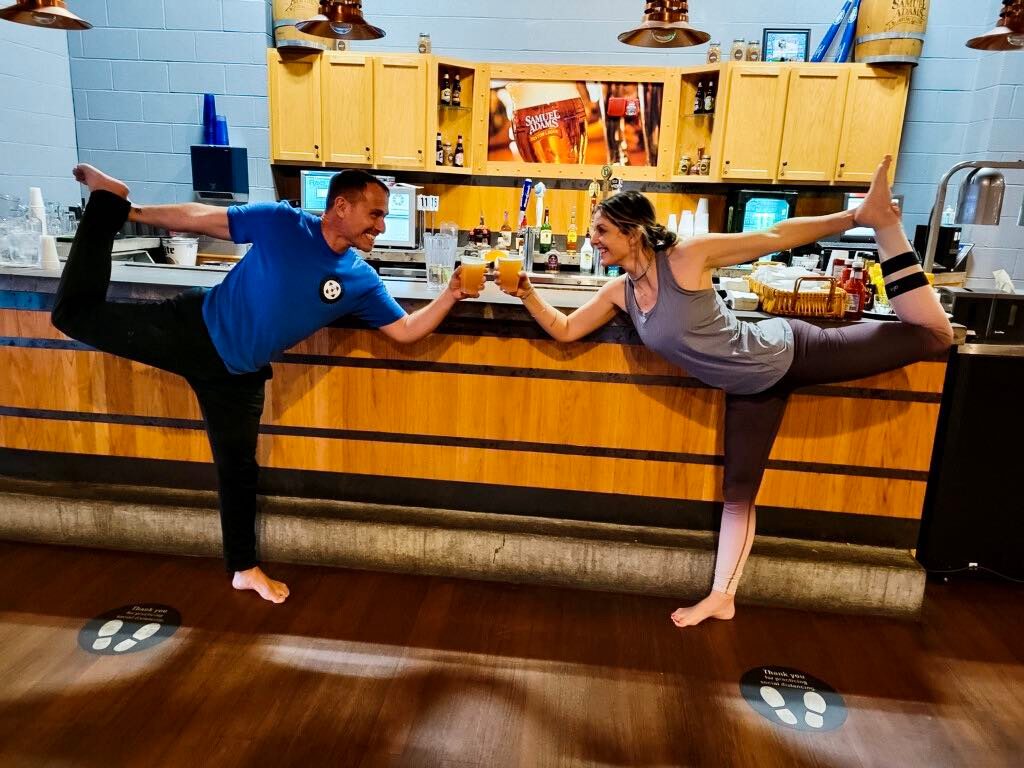
As we end our chat, is there a book you can leave people with that’s been meaningful to you and your development?
Out of the many (too many!) yoga and mindfulness books that I own, one of my favorites has been “One Simple Thing: A New Look at the Science of Yoga and How It Can Transform Your Life” (written by Eddie Stern). I return to it often and find it strikes the right balance between the art and science of Yoga. As a yoga student and teacher, I would also recommend reading the Yoga Sutras, the Bhagavad Gita and the (Buddhist) Dhammapada and returning to these as source material.
I also enjoy the wisdom of Eric Walrabenstein, who has worked with thousands of students globally, including many military service members and Veterans with chronic stress, trauma and PTSD.
Contact Info:
- Website: https://www.freedomyogawithmaria.com/
- Instagram: https://www.instagram.com/thefreedomyogaproject/
- Facebook: https://www.facebook.com/thefreedomyogaproject/
- Linkedin: https://www.linkedin.com/in/maria-joelle-morris/
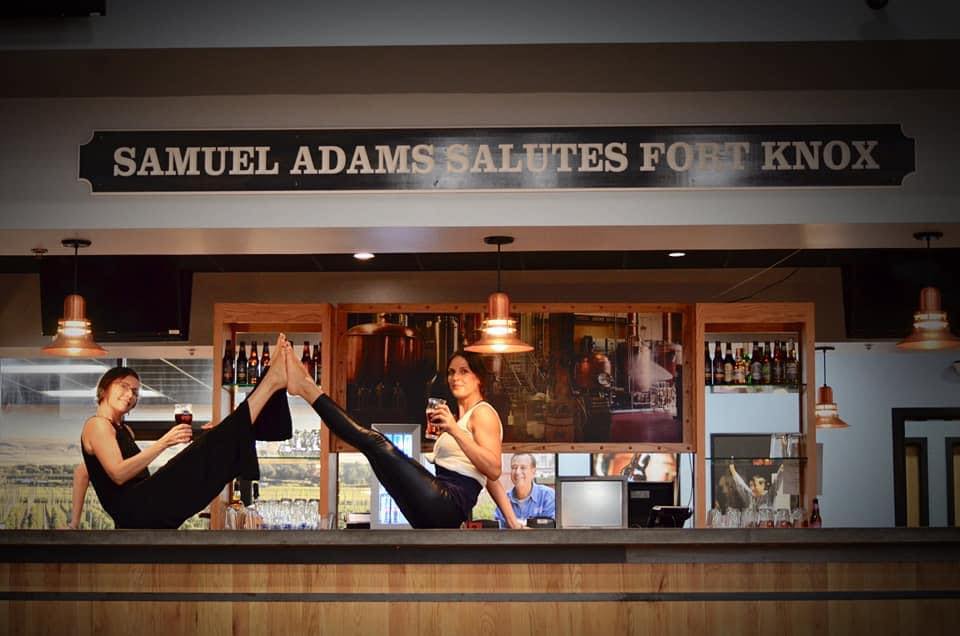
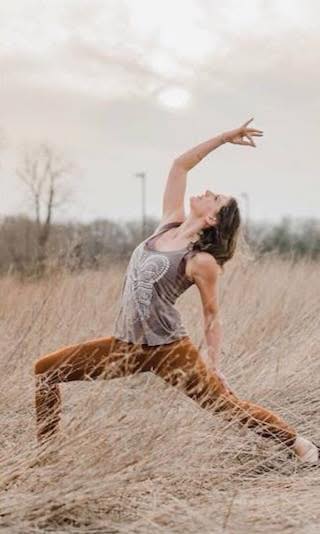
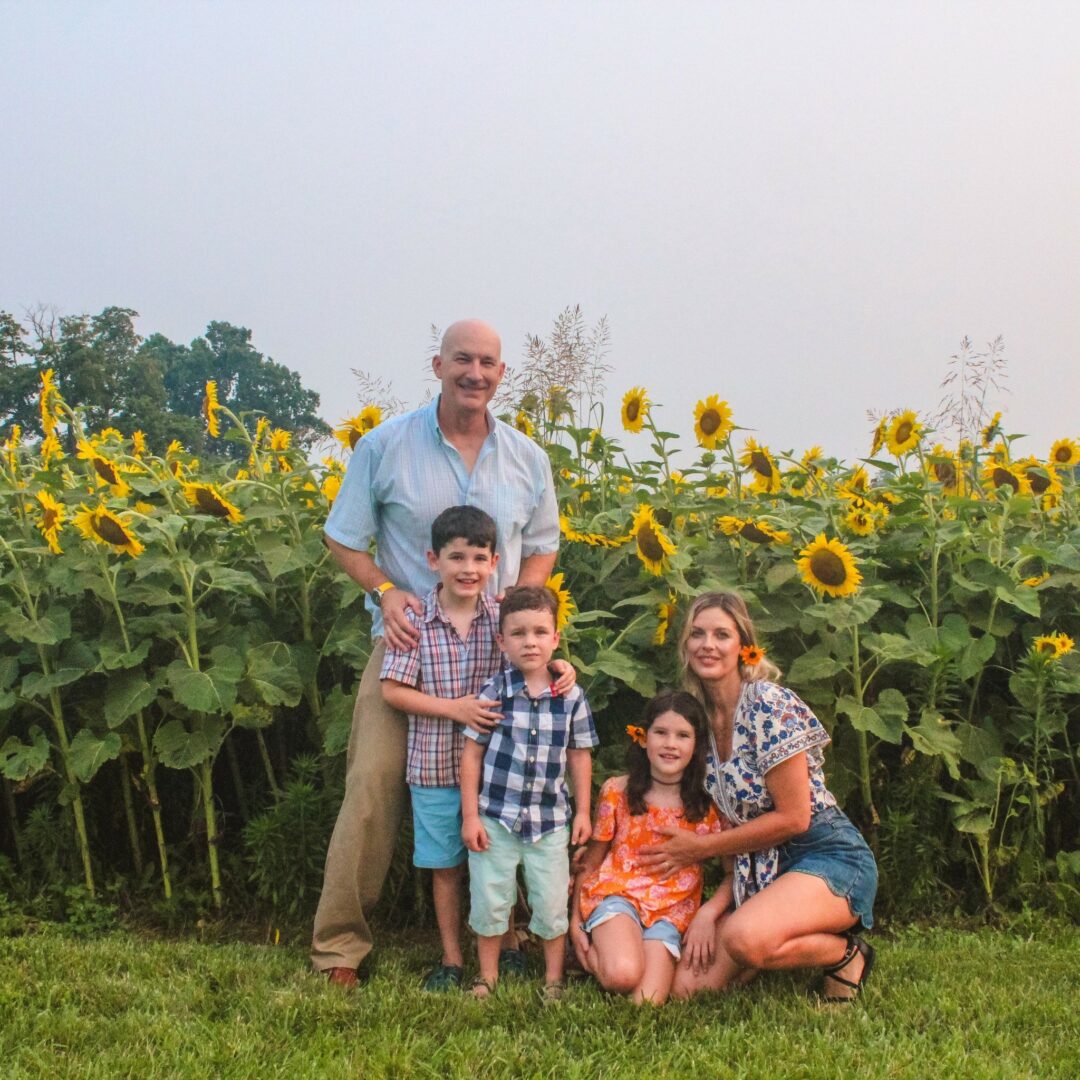
Image Credits
Yes, I have the right to use these images.
so if you or someone you know deserves recognition please let us know here.

